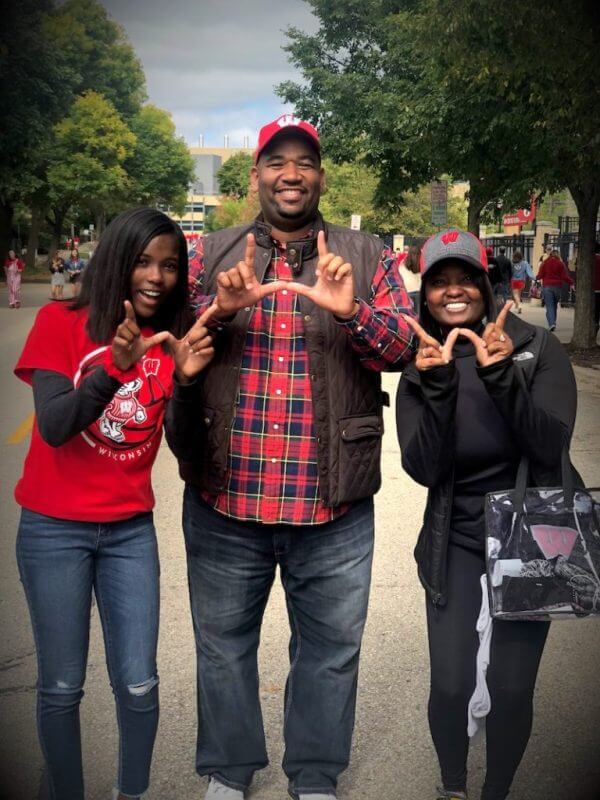Jamila: The Generosity of a Stranger Gave Her Hope For More Days
Jamila’s journey as a kidney transplant recipient began many years ago. When Jamila was pregnant with her daughter, she experienced a complication—preeclampsia—that resulted in high blood pressure and damaged her kidneys. The damage to her kidneys was diagnosed as FSGS (focal segmental glomerulosclerosis) causing scar tissue that prevented her kidneys from functioning properly to eliminate waste. Jamila was on dialysis for 4½ years before she received her first kidney transplant in 2012. She was fine for several years until she suddenly developed an allergic reaction to one of the immunosuppressant medications to prevent rejection of her transplanted kidney. This allergic reaction damaged her kidneys and she needed a second kidney transplant.
Jamila knows what it is like to be put on a waiting list for a kidney transplant as the days, weeks, months and years tick by. Jamila knows what it is like to wait for “the call.” She also knows how her first transplant made her healthier and allowed her to be more active while eliminating the need for dialysis multiple times each week. After Jamila received her second transplant her goal was to recuperate as quickly as possible. To accomplish this challenge, she set out on daily walks. At first, she could just walk to the end of the block. Now she has regained her strength and stamina and walks five miles a day!
Paying Her Gift Forward to Close the Gap
Jamila is passionate that one outcome of her kidney transplant is to raise awareness about the need for organ donors and encourage those in her community to register as organ, tissue and eye donors. Jamila knows all too well the need for kidney transplants for people in communities of color. In Wisconsin, 80 percent (almost 1,400 people) of those on the national waiting list for an organ transplant need a kidney. Forty percent of Wisconsinites waitlisted for a kidney transplant are from communities of color. Yet, communities of color represent only 8 percent of the donor pool (the number of registered organ, tissue and eye donors in Wisconsin). Donors and recipients need to match on blood and tissue markers. Although the donor and recipient don’t need to be of the same race, compatible blood and tissue type are more likely to be found among members of the same ethnicity.

Now Jamila volunteers to share her story as an inspiration to others to register and asks them to discuss their decision with their family. She wants her efforts to help close the gap on some of the life changing donation disparities that exist in multicultural communities.
Jamila reflects that after having received the gift of life twice it is truly a miracle that she received a gift from an anonymous living donor as part of a paired kidney exchange. “I have an extreme, extreme feeling of gratefulness,” says Jamila. She’s thankful that her gift of hope allows her to take new steps each, and every, day!
